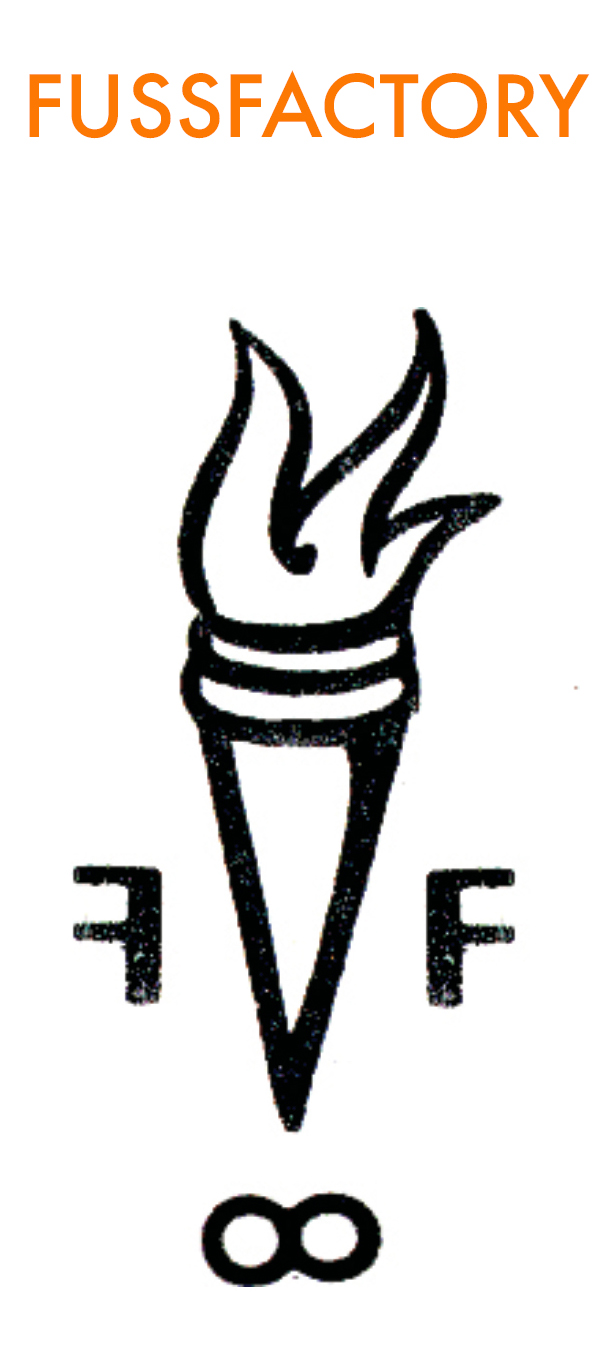#sparkchamber 101722 Julia Kent
“Where words fail, music speaks,” said the literary master Hans Christian Andersen. From that mystical realm beyond words, #sparkchamber is thrilled to welcome Canadian-born, New-York-City-based cellist and composer Julia Kent. Julia started playing the cello around age six, following a very conventional classical education. And though grateful for that background, she wanted to find her own path … away from the classical world. “Once I moved to New York City and started playing improvised music, I realized I could create using my instrument.”
She recorded and toured with a variety of artists and ensembles, but truly found her own voice in 2007 with her solo debut, Delay. Using cello and found sounds from airports to explore the private emotional worlds that exist within the disjunctions and disorientations of travel, the record is hailed for its “lovely, melancholy” compositions, full of “aching romanticism … rich melodicism, and detailed arrangements.”
Subsequent work continued to use looped and layered cello, electronics, and field recordings to explore the intersections between the human world and the natural world, the melding of the technological and the organic, the patterns and repetitions that exist in nature and are mirrored in human creations, and the complexity and fragility of our relationships with one another and with the world that surrounds us. “The cello is such a great instrument to play, because people relate to it in a really beautiful and immediate way. It has the range of a human voice, and for me, it is my voice. In my music, I can start with cello and add layers of electronic sound, or vice versa. The interesting thing for me is always to blur the boundaries between organic and electronic.”
Her most recent record, Temporal, debuted January 2019. Made up mostly of music originally created to accompany dance and theatre, it is a meditation on the passing of time and the fragility of existence. “I feel as though making music is really about trying to communicate emotion. I always just am trying to reach people, without words, without explanation, without mediation. And when things connect, it’s so beautiful. Especially now, when there seem to be so many barriers to finding our commonality as humans who are all living on the same earth.”
Julia has also composed music for theatre and dance performances, as well as a number of original film scores. Stories from the Sea, a film by Austrian documentary filmmaker Jola Wieczorek about women aboard three vessels in the Mediterranean Sea, earned Julia the award for Best Music in a Documentary at Filmfestival Max Ophüls Preis 2022. The longing, expressive soundtrack is everything.
1.] Where do ideas come from?
For me, often they come in that liminal space between waking and sleeping, when the mind has taken off its armour, and is open to the sparks that fly out of the creative fire.
2.] What is the itch you are scratching?
To make something that can connect without language: to share emotion with other humans in a wordless, intuitive way.
3.] Early bird or night owl? Tortoise or hare?
Definitely night owl, for the quiet and the sense of drawing in. But the morning represents a sort of blank slate that I think sometimes can be more receptive to the creativity. And I think of myself as both tortoise and hare: often the first thought is the best thought, so it’s important to capture that spontaneity. But then refining and editing takes the time it takes. My process is very much a process, and creates its own flow: sometimes it's like submitting to a current that pulls you somewhere you wouldn’t necessarily have thought to go.
4.] How do you know when you are done?
Sometimes there is a sort of emotional click, like a padlock opening, where things just feel as though they are in the right place. But often it requires taking some time away and then coming back to listen to things with fresh ears and a fresh perspective.


